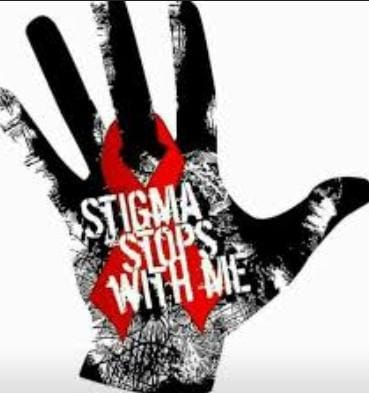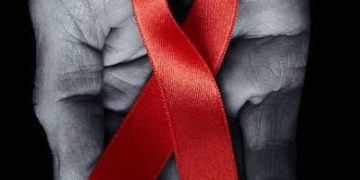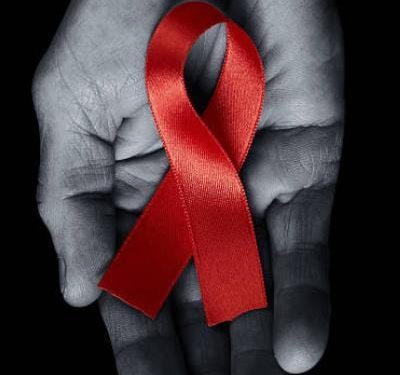“Sex work is not work .it is blasphemy! It is taint on the just and moral fabric of the society!”
Or is it? Sex work remains deeply contentious and misunderstood subject. For many, it is a desperate means of survival in a society that often marginalises the most vulnerable.
In Lesotho, where poverty and unemployment rates are alarmingly high, the decision to engage in sex work is frequently rooted in economic necessity. Yet, the criminalization of sex work not only exacerbates stigma but also violates the fundamental human rights of the involved.
The African Commission on Human and People’s Rights (ACHPR) has emphasised that denying the rights of HIV-positive individuals is a violation of the African Charter on Human and People’s Rights.
Article 16 of the charter guarantees the right to the best attainable state of physical and mental health, which extends to ensuring equitable access to healthcare for all, including sex workers and other marginalized populations.
The ACHPR’S advocacy has called member states to decriminalize sex work, arguing that criminilisation heightens the risk of HIV infection, exacerbates stigma, and limits access to life-saving treatments.

The United Nations and UNICEF Lesotho echo these sentiments, stressing the link between the criminalisation of sex work and the spread of HIV.
“The criminalization of sex work limits efforts to reduce HIV infections and undermines public health initiatives,” UNICEF Lesotho stated, urging governments to adopt inclusive policies that prioritize the health and rights of the vulnerable populations.
Sexual and Reproductive Health and Rights (SRHR) is a critical yet under-resourced area in Lesotho, especially for sex workers.
Many face barriers in accessing contraception, safe abortions, and HIV prevention tools such as pre-exposure prophylaxis (PrEP). Research indicates that improving access to SRHR services for sex workers and other key population is essential to combating HIV/AIDS epidemic.
A 2023 study published in The Lancet highlights the intersection of SRHR and HIV, nothing that comprehensive SRHR services when integrated with HIV prevention and treatment programs to reduce HIV transmission rates and improve the overall well-being of affected communities.
The study recommends that governments address structural barriers, such as stigma and discrimination that hinder access to these services.
Public opinion in Lesotho remain divided. A survey conducted by the Key Affected Populations Alliance Lesotho (KAPAL) revealed that 65% of respondents believe that decriminilising sex work would improve access to healthcare for sex workers and reduce sexually transmitted infections, including HIV. However, stigma and cultural conservatism continue to present significant challenges to policy reform.
The lack of male-targeted SRHR campaigns further marginalises group within the sex work community, such as men who have sex with men (MSM). Healthcare facilities rarely display male sexual health materials, discouraging MSM from seeking medical attention and leaving them vulnerable to untreated health issues.
Criminalising sex work creates a ripple effect of human rights violations. The Constitution of Lesotho guarantees every individual the opportunity to work under Article 29, yet sex workers are denied this right due to illegal status of their profession.
This not only violates their right to personal liberty but also undermines their access to justice, equality and freedom from discrimination.
Moreover, criminalisation exposes sex workers to violence, exploitation and abuse. Police brutality is a recurring issue with some sex workers reporting sexual violence at the hands of law enforcement officers. In one painful account, a sex worker revealed that police often demand sexual favors in exchange for not arresting her.
This is a gross violation of human rights and highlights the urgent need for accountability within the justice system.
The ACHPR and scholars alike agree that decriminilising sex work is not about endorsing the profession; it is about protecting the health and human rights of those who engage in it. It is about aligning with the principles of the African Charter on Human and People’s Rights which emphasizes dignity, equality and access to healthcare for all.
Decriminalization would reduce stigma, create a safer environment for sex workers to access healthcare and enable public health programs to operate more effectively.
Researchers also advocate for integrating SRHR services into HIV prevention strategies, ensuring that no one is left behind in the fight against the epidemic.
The society must move beyond judgment and work towards inclusive solutions that address the root causes of vulnerability while ensuring that everyone, regardless of their profession has access to their fundamental rights.






